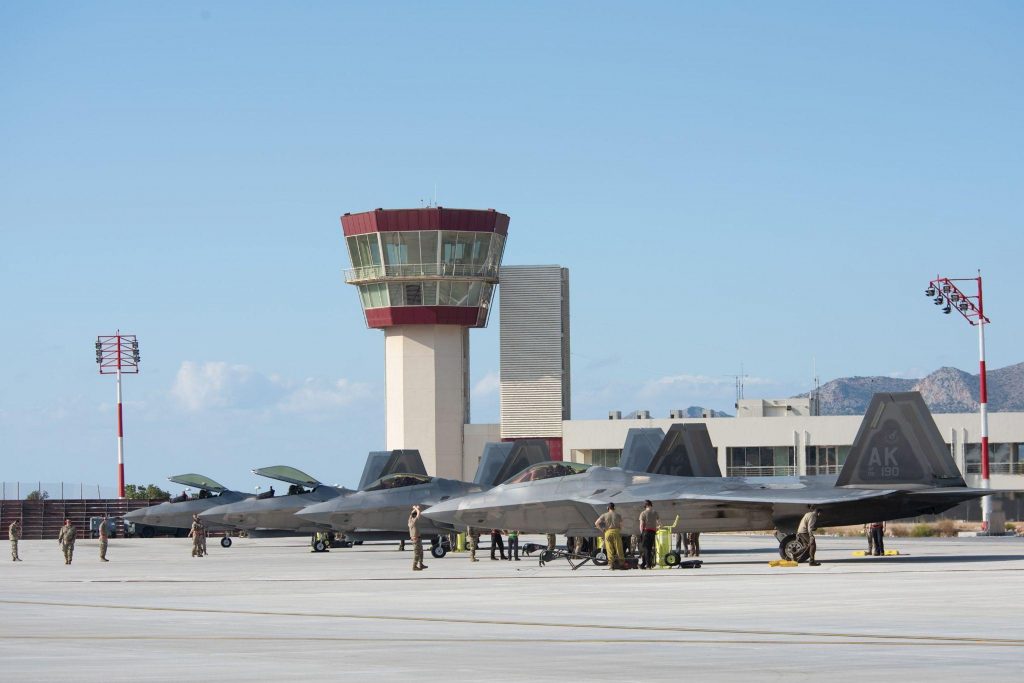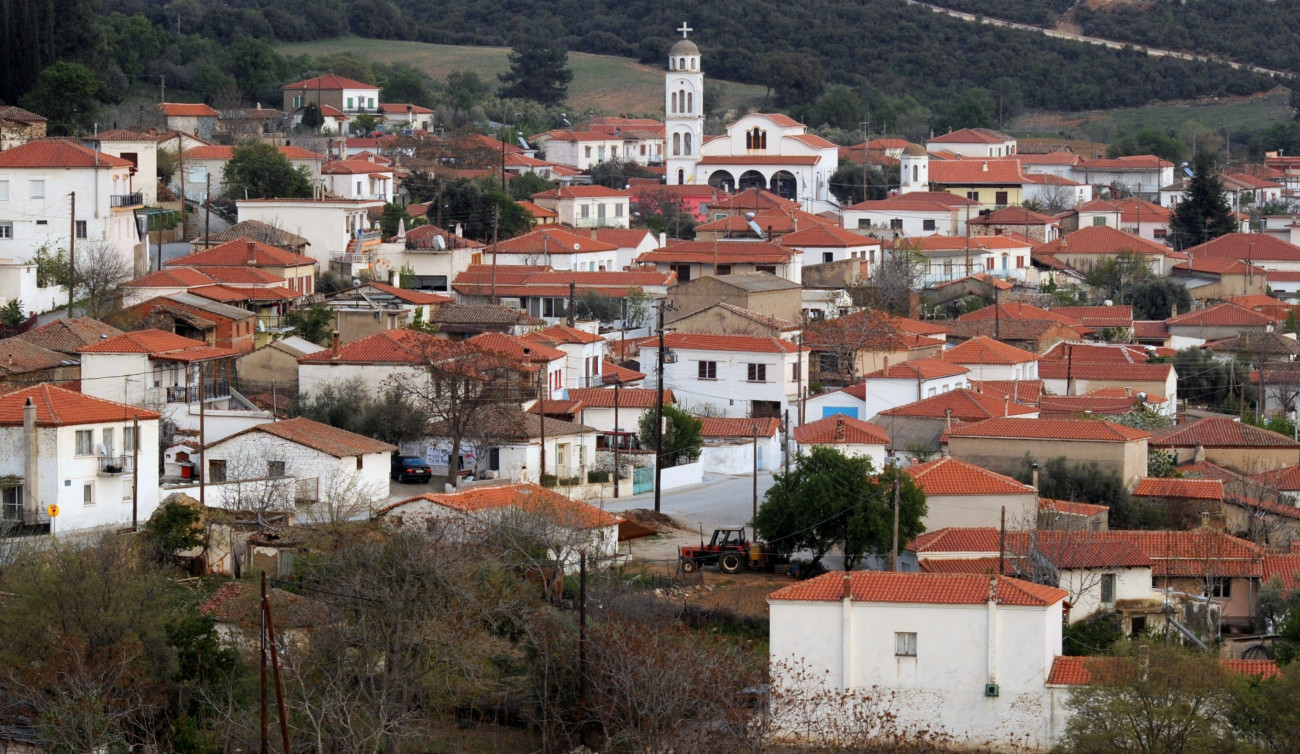A growing wave of Turkish-linked property acquisitions in Greece’s border regions has sparked concern within the Greek government, which is now closely monitoring what some officials describe as a quiet “colonization” effort.
Speaking to TA NEA, Apostolos Ioannou, mayor of Maroneia-Sapes in the northeastern region of Rhodope, described an unprecedented surge in property purchases even in inland villages.
“In just the past few months, around 50 properties have been bought, primarily by individuals of Bulgarian descent and some Turkish nationals,” Ioannou noted. “Moreover, along our municipality’s 27-kilometer coastline, around 15 to 20 hotel units and other tourist properties are under development—again, by investors from those same countries.”
A similar pattern has emerged in Evros, particularly in Alexandroupoli, close to the Turkish borders, where a boom in hospitality investments is reshaping the city. Older hotels are being acquired and transformed into modern accommodations, while in surrounding villages, foreign buyers—often funded by capital originating from Bulgaria and, more discreetly, Turkey—are purchasing clusters of 5 to 6 abandoned houses at a time.
This mounting trend has prompted increased scrutiny from national authorities. Greece’s National Intelligence Service (EYP) is reportedly investigating at least 130 such real estate transactions, not only across Thrace but also on sensitive islands including Lesvos, Samos, Kos, Leros, Kalymnos, and Rhodes.
Simultaneously, the Anti-Money Laundering Authority is said to be submitting 4 to 5 reports monthly on suspicious property deals involving either permanent Muslim residents or individuals of Turkish origin.
Indicative of growing local anxiety was a recent statement from Alexandroupoli mayor Yiannis Zampoukis, who highlighted at a recent forum: “With just 10,000–15,000 euros, Bulgarian nationals are snapping up abandoned homes in Evros villages. But even more concerning is the purchase of properties by Turkish-backed companies, which—once registered in Greece and issued a tax ID—are legally free to buy as they wish, even in high-security border areas.”
The mayor’s office reports a rise in investment interest from Turkish entrepreneurs and local partners-often Muslim residents from Rhodope and Xanthi-particularly in hotels, traditional homes, Airbnb properties, and restaurants in the Alexandroupoli area.
The main concern, officials say, is the quiet entry of Turkish capital into Thrace and other sensitive areas through legal loopholes. A 2011 law change allows companies based in Greece or the EU to buy property in border zones without special approval—effectively bypassing restrictions on Turkish buyers.
Authorities believe many of these firms are fronts for Turkish interests, often using EU citizens with dual nationality to mask the true source of funds.




